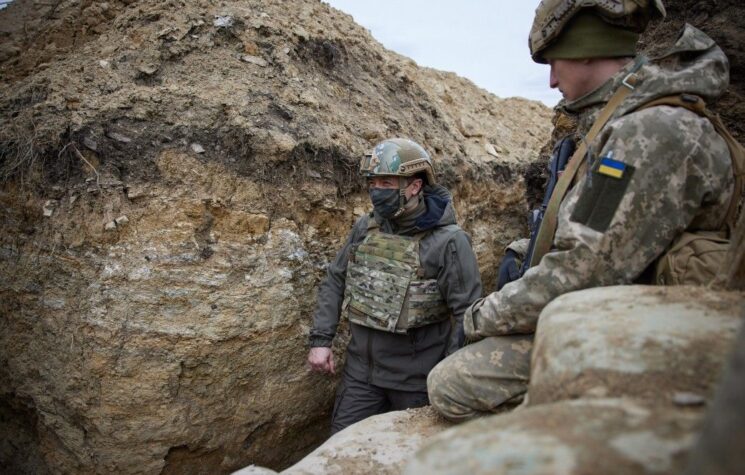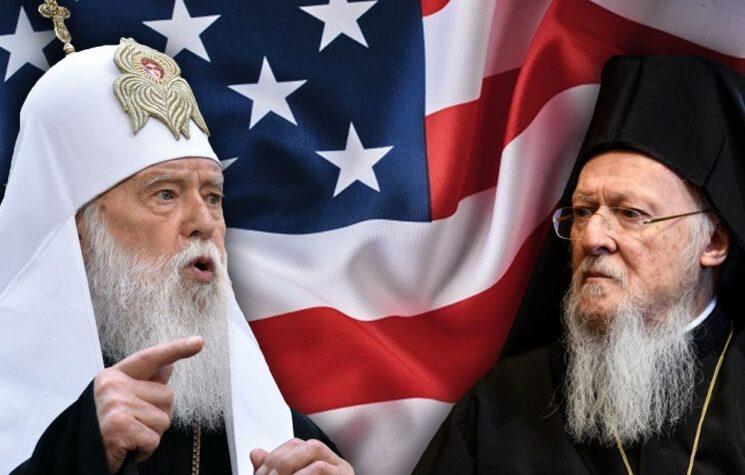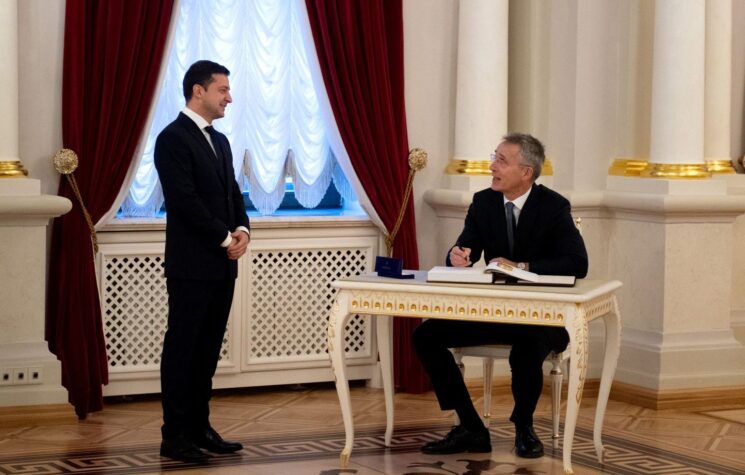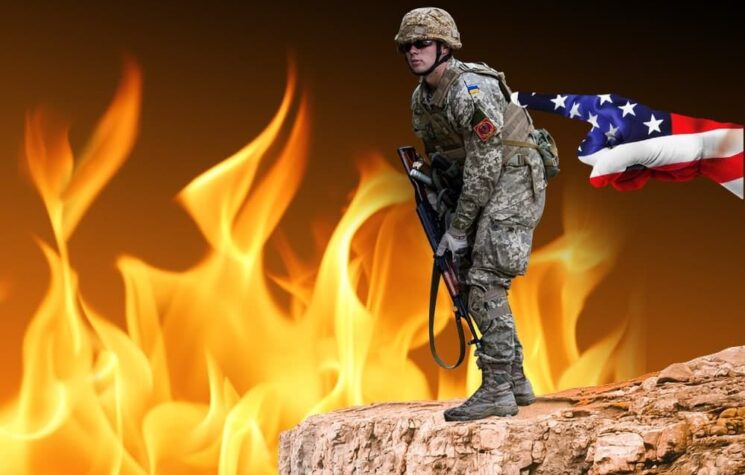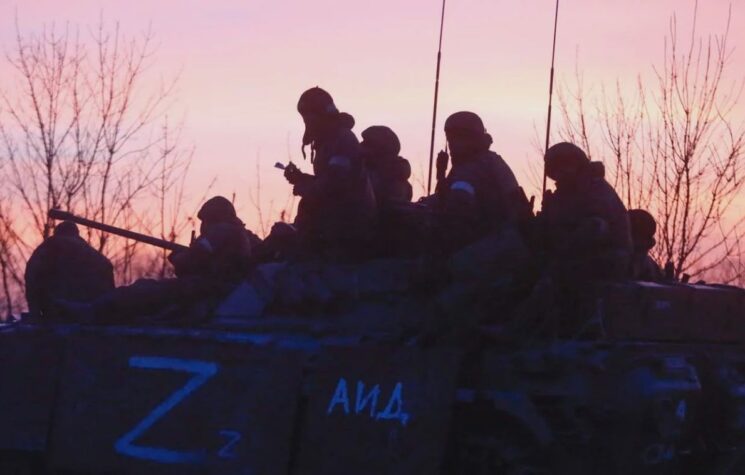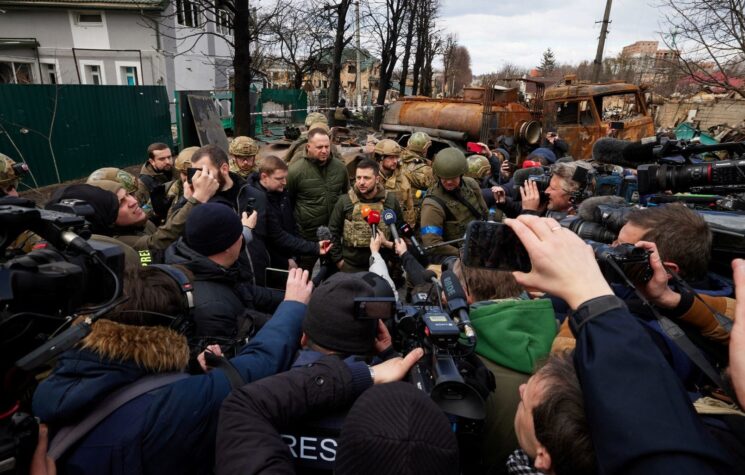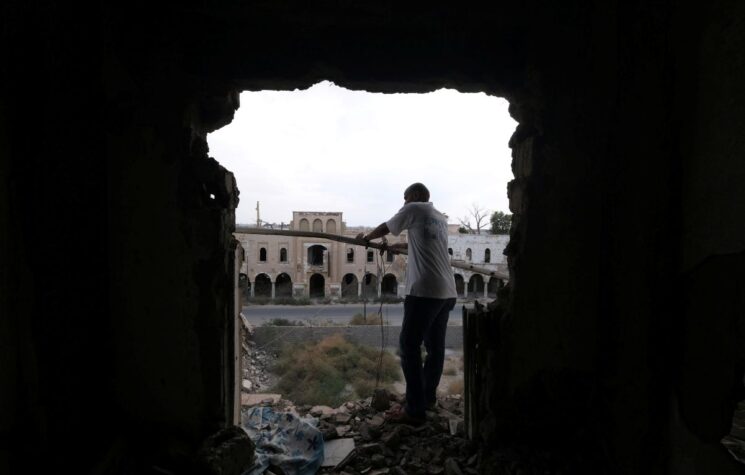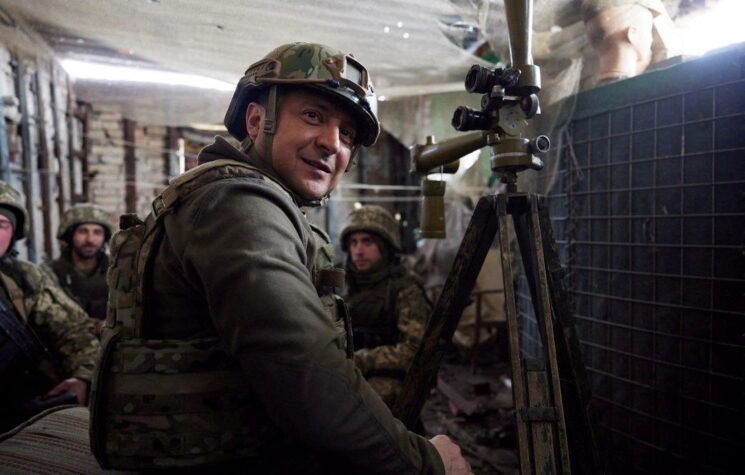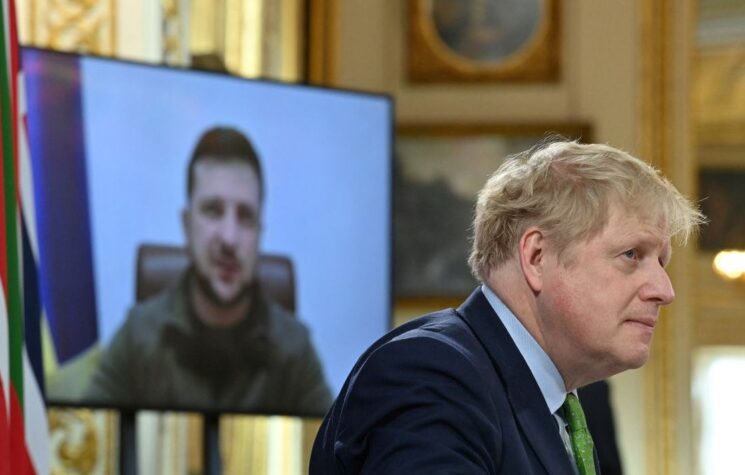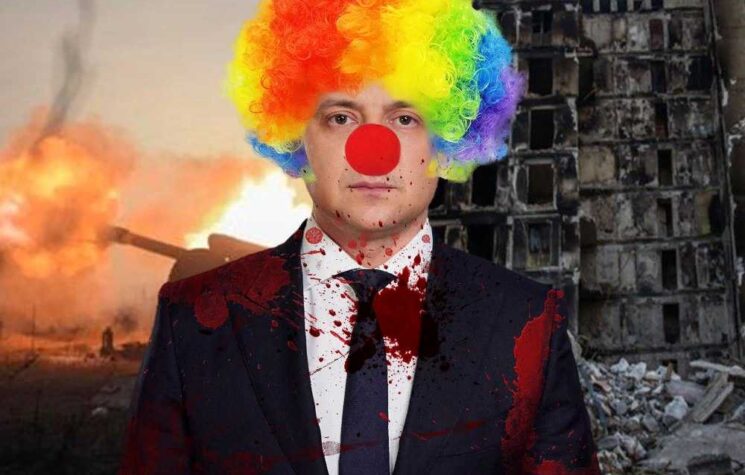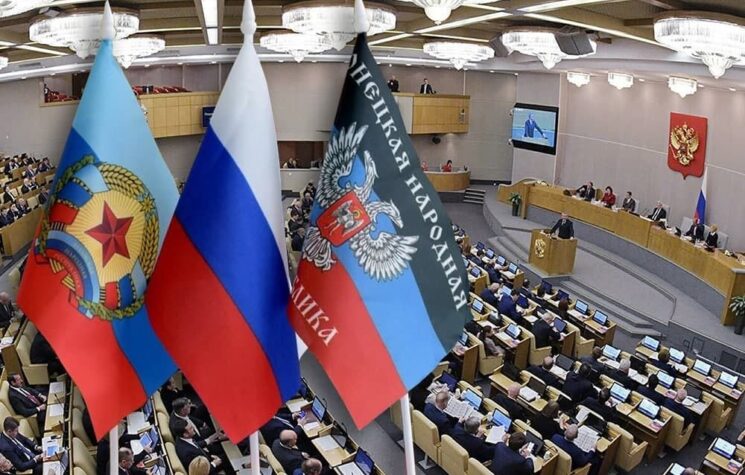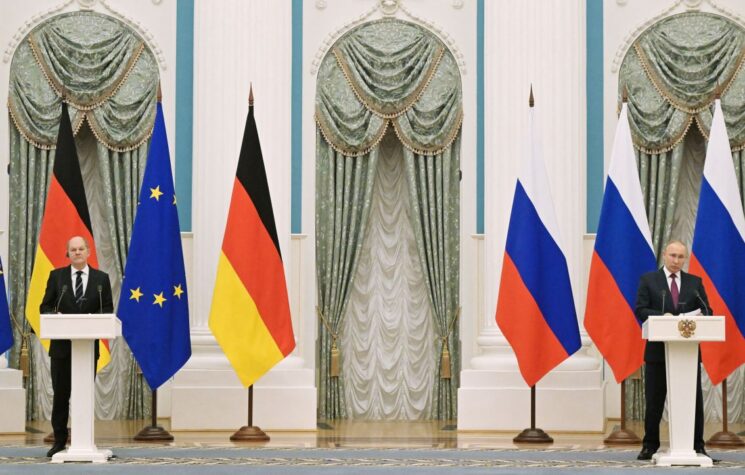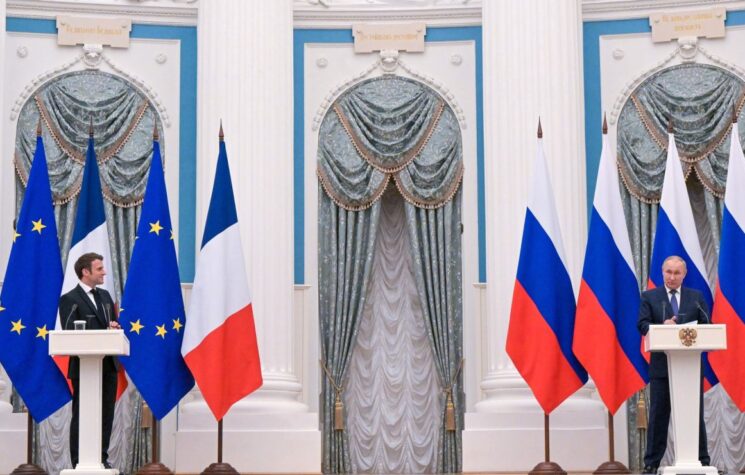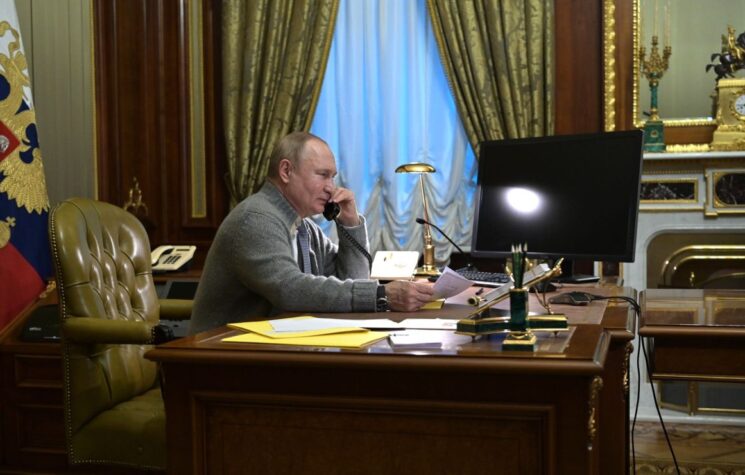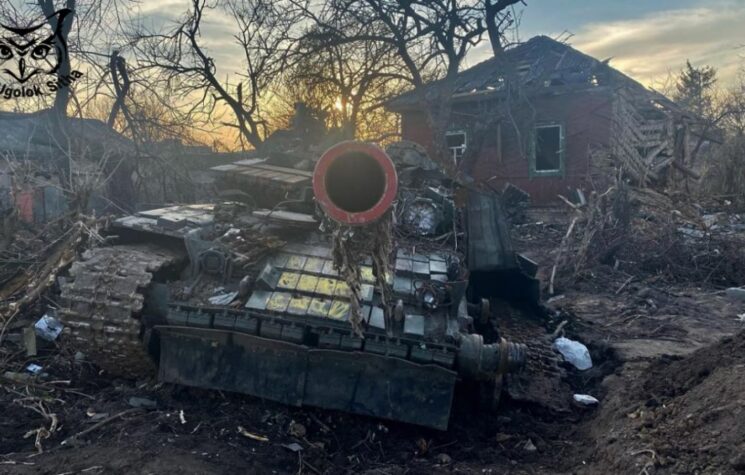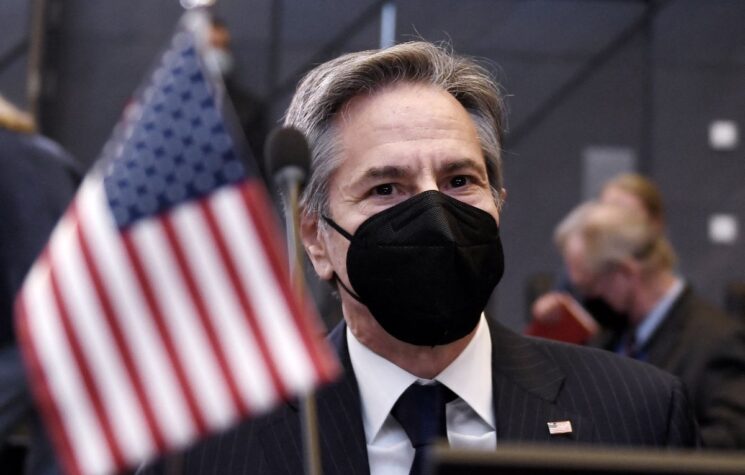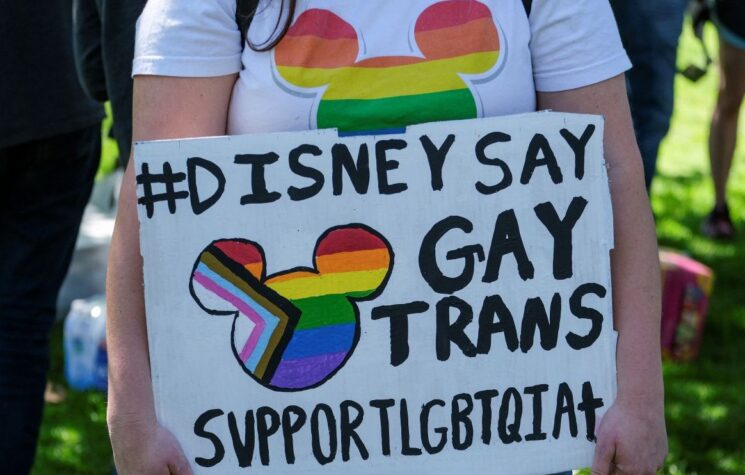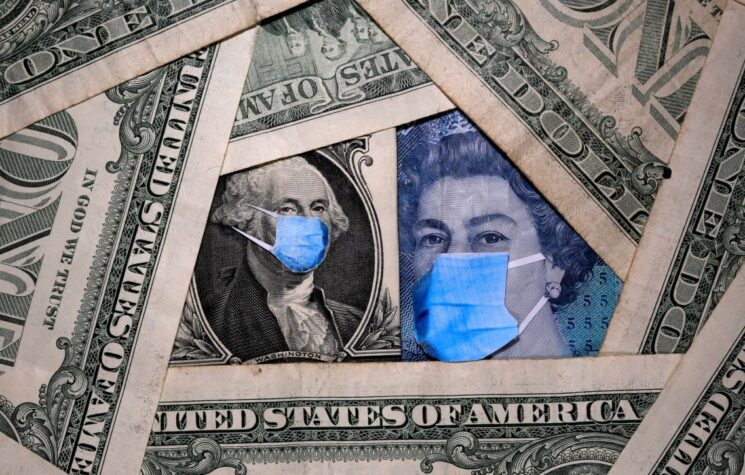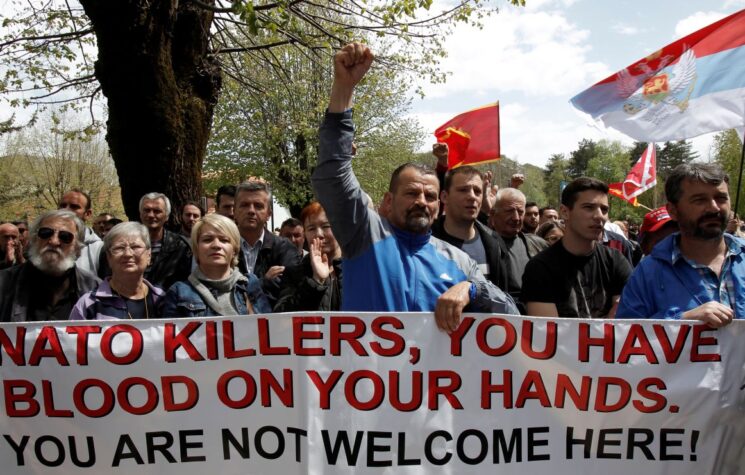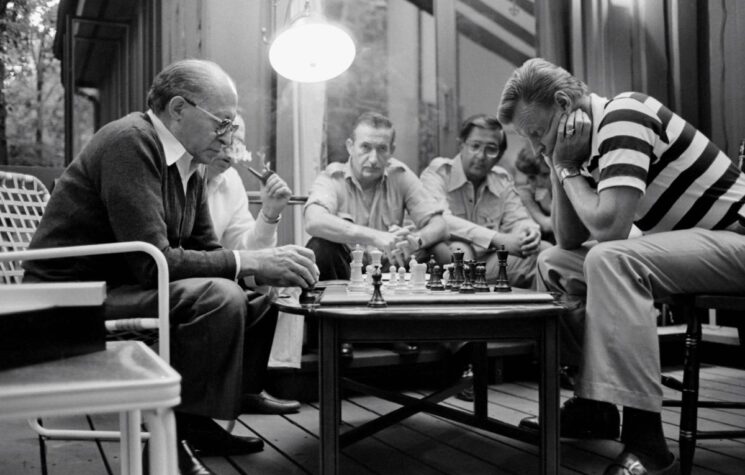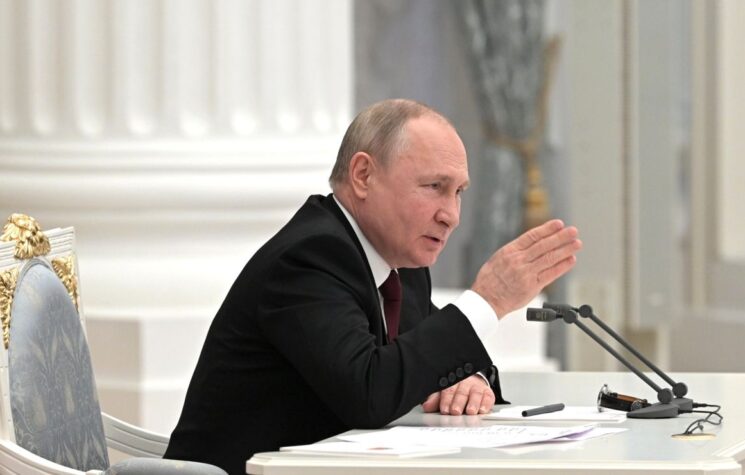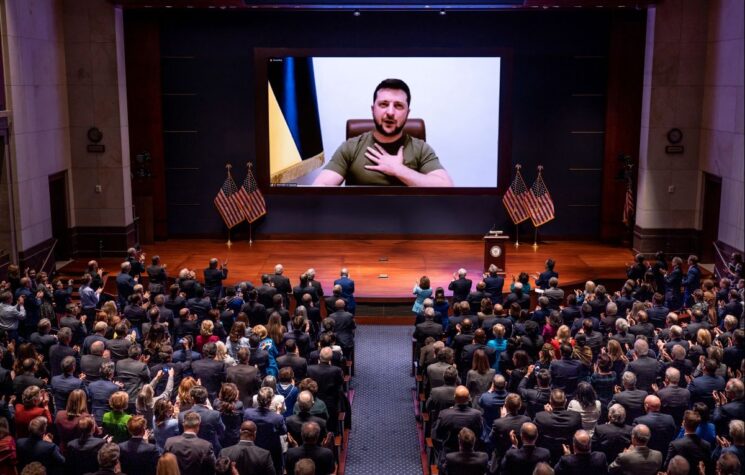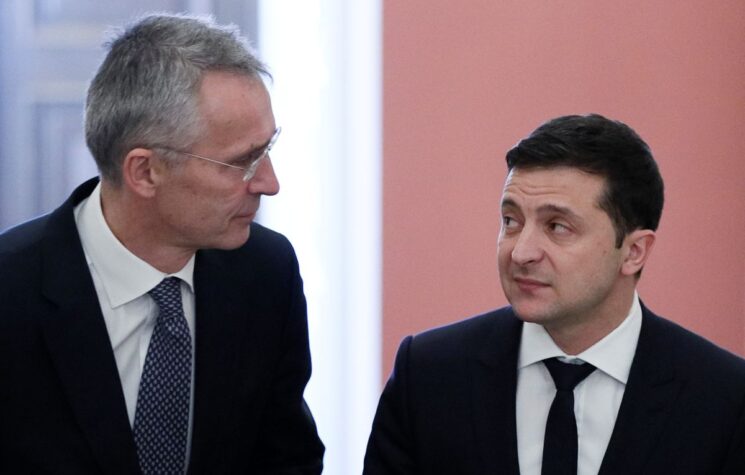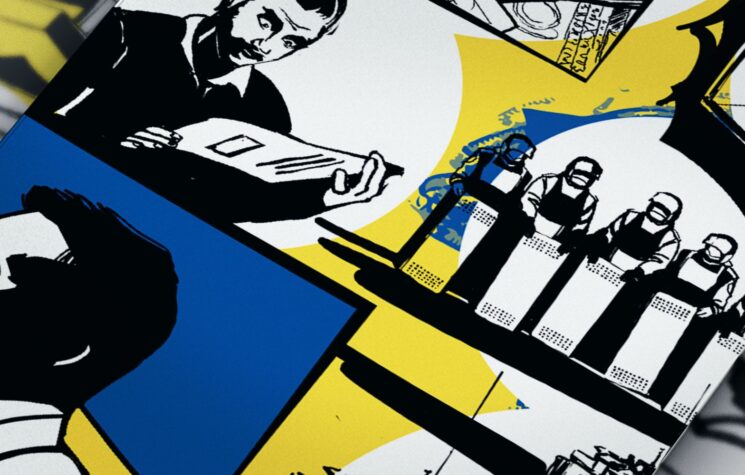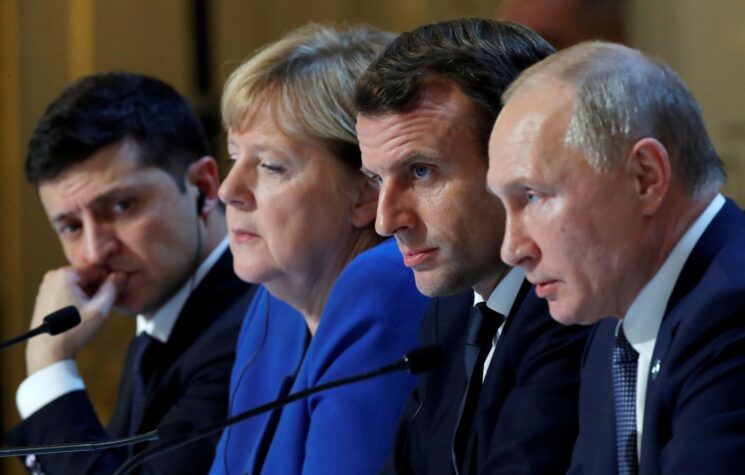In Ukraine, it appears easier to be an anti-Russian advocate than a pro-Russian voice. At play is a fear factor aspect having to do with violence and the threat of legal action.
On Russian-Ukrainian matters, there has been a tendency in the Anglo-American establishment and some other circles to provide a false start date of provocation.
Consider the suggestion that Crimea’s reunification with Russia led to increased tensions with the West – omitting what transpired beforehand, with the overthrow of Ukraine’s democratically elected president – followed by the elevation of nationalist anti-Russian elements in the Ukrainian government.
Likewise, the reported buildup of Russian forces near the Ukrainian border this past spring, typically overlooks what happened beforehand. Specifically, the Kiev regime’s increase of its troops along the area near the Donbass rebels.
Another example is how some view an earlier energy crisis in Europe by portraying Russia as the culprit. Omitted from this spin is the Kiev regime being delinquent on its energy payments to Russia, along with Ukraine siphoning energy bound for other parts of Europe. This Kiev regime action came after Russia decided to cut off its energy shipment to Ukraine.
The German proposed Nord Stream pipeline arrangement with Russia was undoubtedly initiated with the motivation to not be too dependent on using Ukraine as a transit route for Russian energy. Instead of acknowledging a mistake, Kiev regime proponents like Arseniy Yatsenyuk spew BS on the Nord Stream project, before the uncritical likes of the Atlantic Council.
Contrary to Yatsenyuk, Russia has shown itself to be a dependable energy supplier. One of numerous examples being the 2008 war in the Caucasus, which saw Russian energy to Georgia continue. Russia fully understands the downside of not being a reliable energy supplier. Withholding energy is a double-edged sword that doesn’t serve Russian interests.
The follow-up commentary on what Russian President Vladimir Putin recently said about Russia-Ukraine, omit what led to his statement on the matter. Instead, some suggest that he unleashed an unnecessary provocation which came out of the blue.
Not too long ago, the Kiev regime issued an historically inaccurate bill on the status of indigenous peoples in Ukraine. The Crimean Tatars are listed as an indigenous people unlike the Russians. The former arrived in Crimea after (not before) the Rus (constituting modern day Russians, Ukrainians and Belarusians) presence on that territory. Upon hearing of this Kiev regime bill, Putin said that he might prepare a detailed reply on the history of Russia-Ukraine.
The gist of what Putin said about Russia-Ukraine is nothing particularly new. Ukraine’s current President Volodymyr Zelensky, said the same in 2014. Zelensky’s backpedaling is in my opinion (and that of some others) due to the disproportionate influence of nationalist anti-Russian individuals in Kiev regime controlled Ukraine.
Generally speaking, it appears easier on that territory to be an anti-Russian advocate than a pro-Russian voice. At play is a fear factor aspect having to do with violence and the threat of legal action.
Going back further before Putin and Zelensky, Pavlo Skoropadsky advocated and “All Russian Federation”, consisting of Russia and Ukraine. Over the course of time across the left-right political spectrum, there’ve been Russian and Ukrainian calls for some form of Russo-Ukrainian togetherness.
It’s also true that there’re Ukrainians thinking differently. Post-Soviet Russia has formally recognized Ukraine as an independent entity. It’s unrealistic to expect Russia to ditch the pro-Russian element among Ukrainians. In point of fact, the Russian government has come under criticism for not doing enough for that sentiment.








